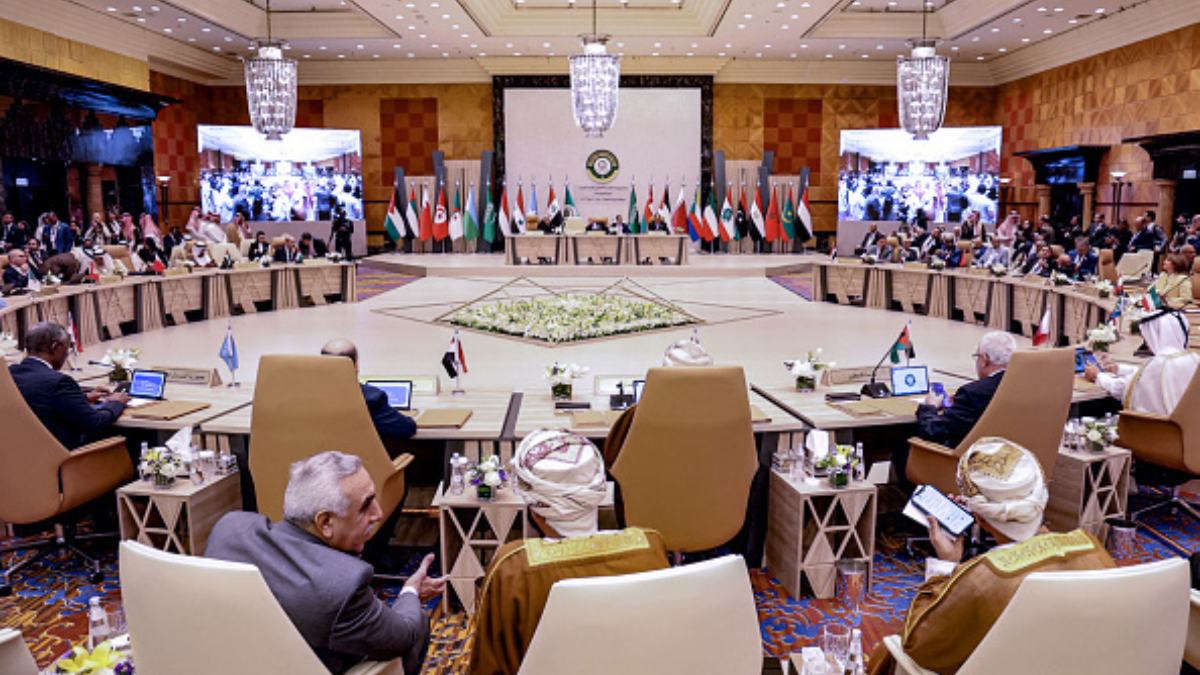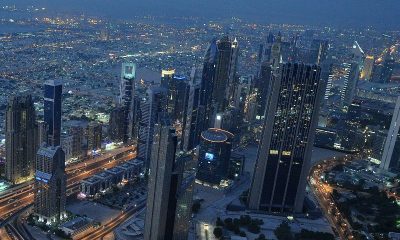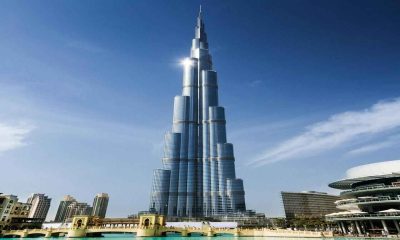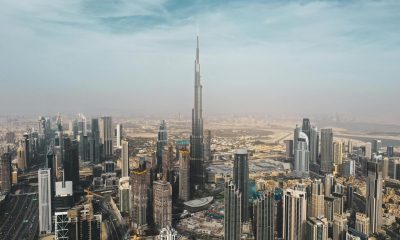The two-day G20 Summit concluded Sunday with India handing over the bloc’s presidency to Brazil. Indian Prime Minister Narendra Modi received a sapling from Indonesia’s Joko Widodo and Brazil’s Luiz Inácio Lula da Silva, representing the presidencies of last year and the next.
The ceremony took place at the beginning of the summit’s third session ‘One Future’. Earlier in the day, top leaders from different countries, including UK Prime Minister Rishi Sunak and US President Joe Biden, were seen paying tributes to Mahatma Gandhi at his memorial Rajghat.
The event concluded with a number of key developments. The African Union was inducted Saturday as the new permanent G20 member, offering the Global South a greater say in global decision making. The launch of the Global Biofuel Alliance was announced the same day, too.
India-Middle East-Europe Economic Corridor In Focus
On Day 1, the participants also unanimously adopted the New Delhi Leaders’ Declaration, which called on countries to respect territorial integrity to safeguard stability and peace. But it fell short of criticising Russia for the war in Ukraine, drawing flak from Kyiv.
One of the most notable announcements included the historic India-Middle East-Europe Economic Corridor. A MoU was inked on Saturday between India, the US, UAE, Saudi Arabia, the EU and three other countries in Europe to establish a rail and shipping corridor.
The mega move is expected to boost trade, transport energy resources and improve digital connectivity – consequently enhancing economic growth. Nevertheless, the 2023 event in New Delhi was also special in the way that it featured an unprecedented Middle Eastern presence.
Relations, Especially With GCC Nations, A Priority For PM Modi
Since its inception in 1999, the bloc has been immensely important for the region, especially as Turkey and Saudi Arabia are among its members. But it was only in 2008, when the group started organising its annual summit that non-members from the Middle East became involved.
Under India’s presidency, non-member Arab countries enjoyed a notable representation. This time, New Delhi extended invitations to Egypt, Oman and the UAE, in addition to six other guest countries. Relations, especially with GCC nations, have long been a priority for PM Modi.
UAE President Sheikh Mohamed bin Zayed Al Nahyan and India’s Modi spoke on the sidelines of the G20 Summit on Saturday, discussing strengthening economic partnerships between the two countries. The leaders talked on their Comprehensive Economic Partnership Agreement as well.
ALSO READ: UAE to Sign Major Infrastructure and Railway Deal at G20 Summit
They touched on topics including reinforcing bilateral cooperation, especially in the economic, investment, development, renewable energy and food security sectors as both countries look for sustainable growth. Nature conservation and climate change was also part of discussions.






















